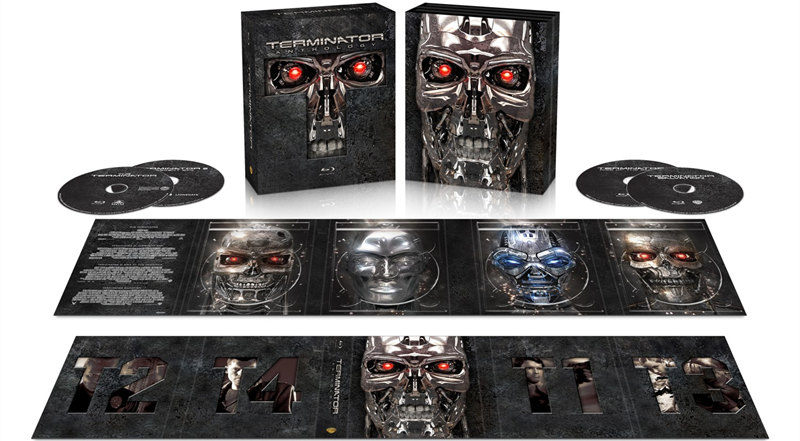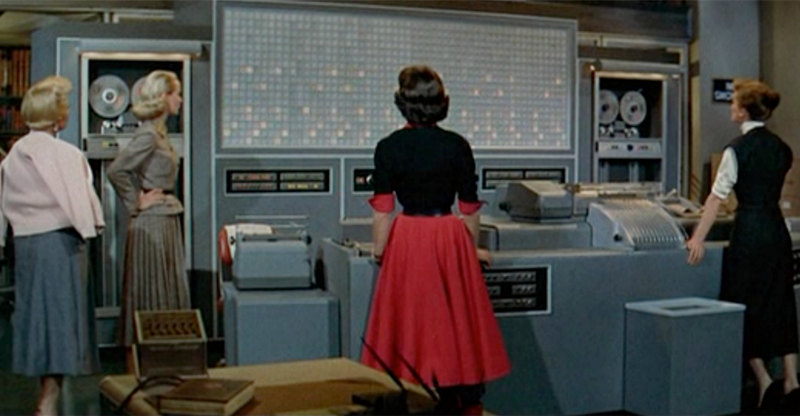I visited the Korean Demilitarized Zone (DMZ) when I was in South Korea last November, and it was a strange experience. Technically, North and South Korea are still at war, since the Korean War ended with a truce, not a treaty. But everywhere in South Korea I heard talk of reunification. It seems to be a dream of many South Koreans, who prefer to think of themselves as simply Koreans and wish the entire peninsula could return to a time before it was divided into Soviet and American occupied zones following the end of WWII.
While peninsula politics aren’t at the core of this 2011 film—which was South Korea’s submission to the Oscars—they’re still present and accounted for. In fact, “The Front Line” (“Go-ji-jeon”)begins with the words “We want unification,” chanted by sign-carrying protesters not now, but decades ago. Good luck on that, because as one character remarks, “This won’t be over unless one side is gone.”
At one point in the film a North Korean lieutenant (Ryu Seung-yong) taunts his South Korean prisoners. “Look, dumbasses, do you know why you’re losing the war? Because you don’t know why you’re fighting.” That line resonates throughout the film, especially in Act 3.
Yet, for all the anti-war messaging that this film delivers, “The Front Line” also offers plenty of proof why a lasting peace has been elusive. Most compelling? After years of fighting with both sides clearly tired of it all and wishing it would end, and after both sides agreed to a ceasefire truce to end the Korean War—a truce which would go into effect 12 hours after signing—both sides still fought a furious last-minute battle to acquire land during that time period, to influence the boundary that would be drawn between North and South Korea. Sign a truce and make war? How absurd and depressing is that?
Director Jang Hun knows, and he crafts a film that encodes the standard war movie with anti-war messaging and Korean peninsular politics. And he adds enough details and varies the tropes just enough to make the war movie clichés and conventions seem fresh.
Like “Joyeux Noël,” a 2005 film about a Christmas truce between Allied and German soldiers fighting in the trenches of WWI, “The Front Line” suggests that people at their very core are resistant to fighting, but bound by a sense of duty and honor, or driven by nationalistic fervor. There’s a line drawn between individuals and governments, between soldiers and the officers who would lead them into another seemingly pointless battle—as happens in this film, with Aerok Hill changing hands at least 30 times, according to one character’s memory.
Hun is concerned with the human spirit. What does it take to demoralize a man? To make him break? What makes a man resilient? And I’m not being sexist here. Like most war movies, “The Front Line” has a mostly male cast—though the two females figure prominently in some shocking scenes.
The Greek dramatist Aeschylus has been credited with saying that “in war, truth is the first casualty,” and “The Front Line” deftly explores those gray areas that never seem in lock-step with ideologues on either side. “The Front Line” is a war film with depth. It’s about people and ideas, and frankly that’s more interesting to me than the battle sequences, which are as bloody and action-packed as any. I’m just not a big fan of the whirr-and-blur technique we first saw in “Gladiator,” and which we get here as well. Yes, the scenes are convincing and we see limbs shot off and charges that rival those from America’s Civil War. But for me, the characters and the themes were what made “The Front Line” stand out as an above-average war movie.
We come to care about the characters very quickly and to understand where they’re coming from. Kang Eun-Pyo (Shin Ha-kyun) is a slightly insubordinate officer who’s sent to the eastern front to investigate whether a North Korean spy has somehow infiltrated Alligator Company. The officer who sends him also informs him that he’ll run into an old friend of his, Kim Soo-hyeok (Go Soo), whom he had thought dead. Of course, Kim is changed, and just as clichéd is the green-but-gung-ho captain who arrives with Kang to replace a 17 year old who kept getting promoted as his superiors kept getting killed.
But the most colorful soldier is Master Sergeant Yang (Ko Chang-Seok), who claims to have fought in the Manchurian campaign of 1941. He’s the wily, good-natured veteran who has a parallel in almost every American film about WWII. Yet, here he’s a total individual. So is the morphine-addicted Shin Il-Young (Lee Je-hoon), the young man who relinquishes his command . . . but not his leadership.
Everyone has a story, and there are enough pivotal moments and surprises in “The Front Line” to make all the familiar characters and tropes seem somehow unique. The 133-minute film is not rated, but there’s brief nudity and plenty of battle gore, including bloody limbs.
Video:
Well Go USA released this in the original 1.85:1 aspect ratio, and the AVC/MPEG-4 transfer to a 50GB disc looks near-flawless. I saw only a couple minor instances of aliasing, but otherwise it was a dynamite presentation. Despite the dreary landscape and palette the level of detail was eye-popping. Three-dimensionality was strong, facilitated by distinct edges and strong black levels. Colors and skin tones are able to convey subtleties in shading, and medium shots have just as much striking detail as close-ups.
Audio:
The audio is a dynamic Korean DTS-HD MA 5.1 with subtitles in English and an additional audio option in Korean Dolby Digital Stereo. Though it might be tempting to turn down the volume because of the subtitles, live a little. Give the speakers a workout. The LFE channel really gets rumbling during battle scenes, but the rear effects speakers come alive throughout the film, providing an immersive experience. Dialogue-heavy scenes also make for front speaker-heavy scenes, but you’re always aware that this is a six-channel high-def soundtrack.
Extras:
Compared to an earlier PAL Blu-ray release, the extras are skimpy. There’s no commentary track, for example. Just a short making-of feature that runs under four minutes long and is basically raw behind-the-scenes footage, two trailers, and a “highlight” reel of under 22 minutes which seems pointless to me. The features appear on both the Blu-ray and the bonus DVD disc. But they’re kind of a shrug.
Bottom line:
If you like war movies, this one is a dandy. Sure, you’ll recognize some of the genre’s shopworn conventions, but there are enough unique twists and details to make “The Front Line” memorable—despite a totally unbelievable Knute Rockne speech and some heavy-handed attempts at third-act symmetry.


